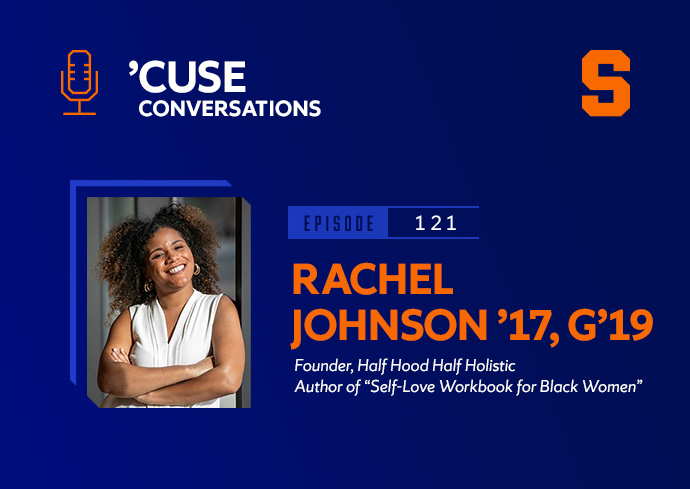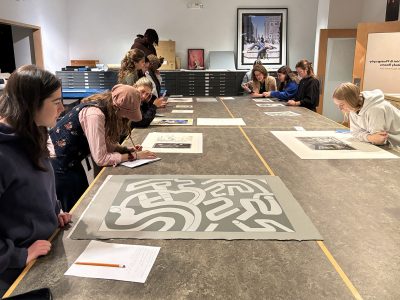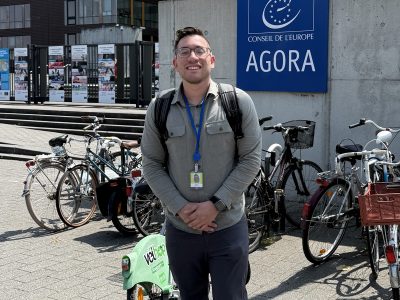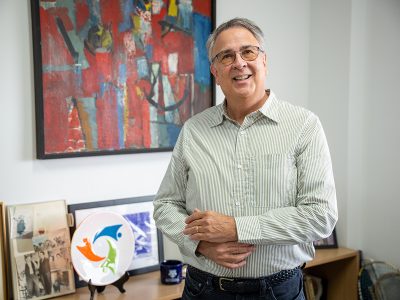The Power of Holistic Healing and Wellness With Therapist and Entrepreneur Rachel Johnson '17, G'19 on the ‘’Cuse Conversations’ Podcast
In her work as a therapist, Rachel Johnson ’17, G’19 knew she was making a difference in the lives of her patients.
But she also realized her work wasn’t impacting an often overlooked segment of the population when it comes to mental wellness and holistic health: Black people. A big reason for that? Traditional mental health and wellness services were not always easily (or affordably) available to those seeking help.
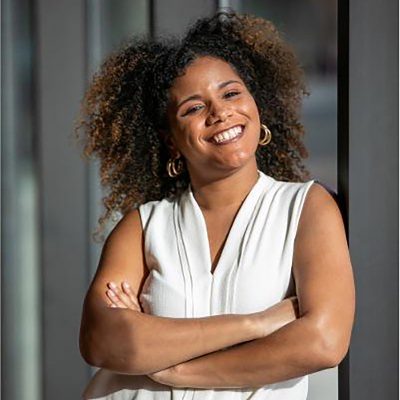
Wanting to make a difference in her adopted home of Syracuse, Johnson founded Half Hood Half Holistic out of a desire to help Black people work on their mental, physical and spiritual well-being. The wellness business curates and centers Black individuals, families and couples, allowing them space to heal and work on treating their holistic, or whole, person.
“The overall goal of Half Hood Half Holistic is to create what we call accessible healing, services that are either low- or no-cost and are relevant to our community and accessible in different ways and on different platforms. Really, this was born out of the fact that in my work with Black and brown folks as a therapist, therapy itself didn’t seem very accessible. It didn’t feel very relevant and in my own practice, I wasn’t serving the community that I felt so close to. I wanted to create something that was very much relevant to that community, while also being culturally sensitive and accessible. Half Hood Half Holistic has been the culmination of that dream and that vision, and it definitely keeps me busy,” Johnson says.
Johnson, a native of Buffalo, New York, earned bachelor’s degrees in child and family studies and social work and master’s degrees in marriage and family therapy and social work from the Falk College, attended Syracuse University on a full-ride scholarship, thanks to a program called Say Yes to Education.
The author of the “Self Love Workbook for Black Women,” Johnson discusses what holistic health means to her, what healing looks like for Black people and why it’s important to debunk the stigmas and stereotypes associated with seeking mental health services. She also shares how she helps make holistic healing accessible for all who seek it and the important role holistic healing plays in helping communities heal from racial harm.
Note: This conversation was edited for brevity and clarity.
Check out episode 121 of the “’Cuse Conversations” podcast featuring Rachel Johnson ’17, G’19. A transcript [PDF] is also available.
